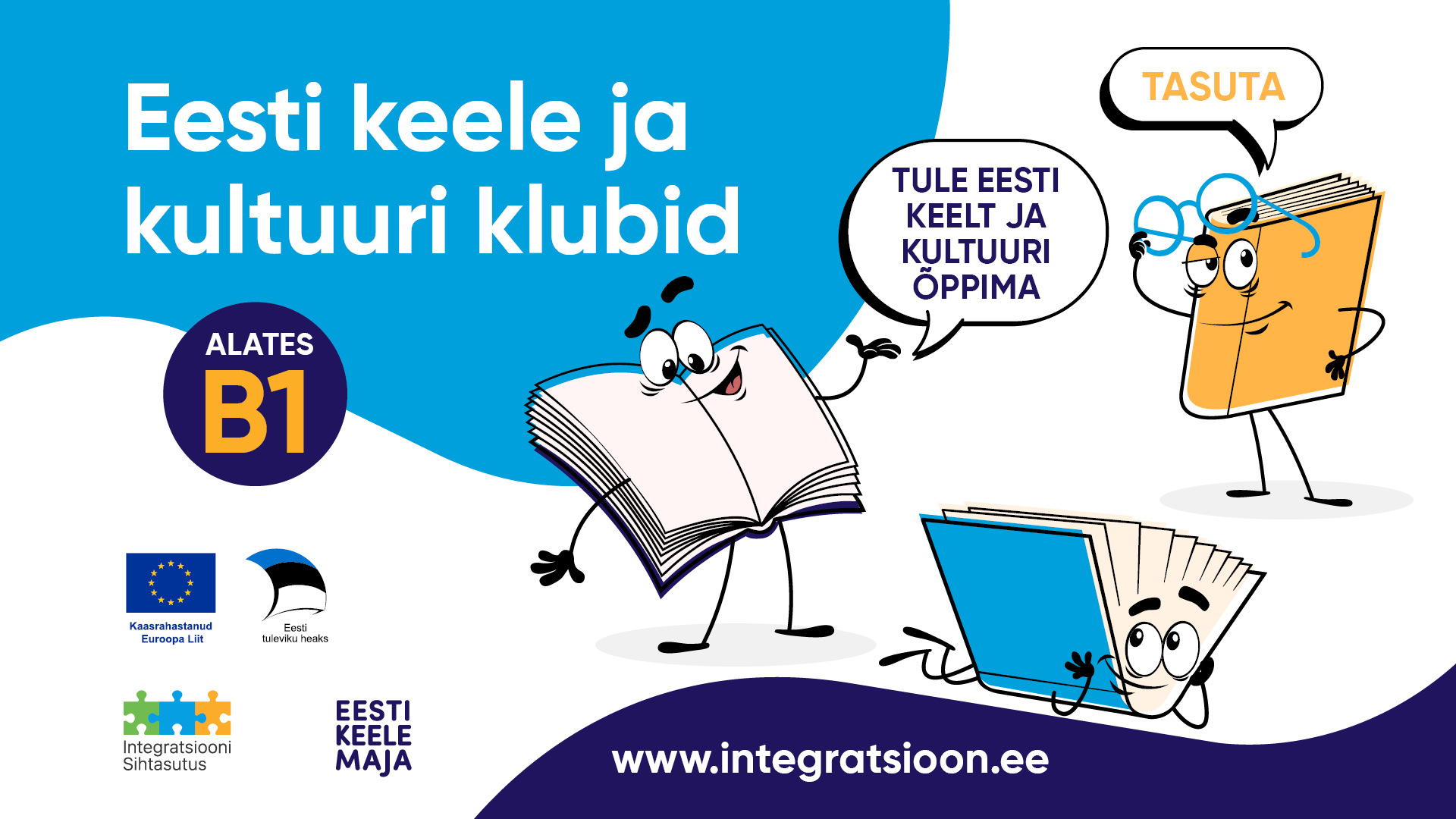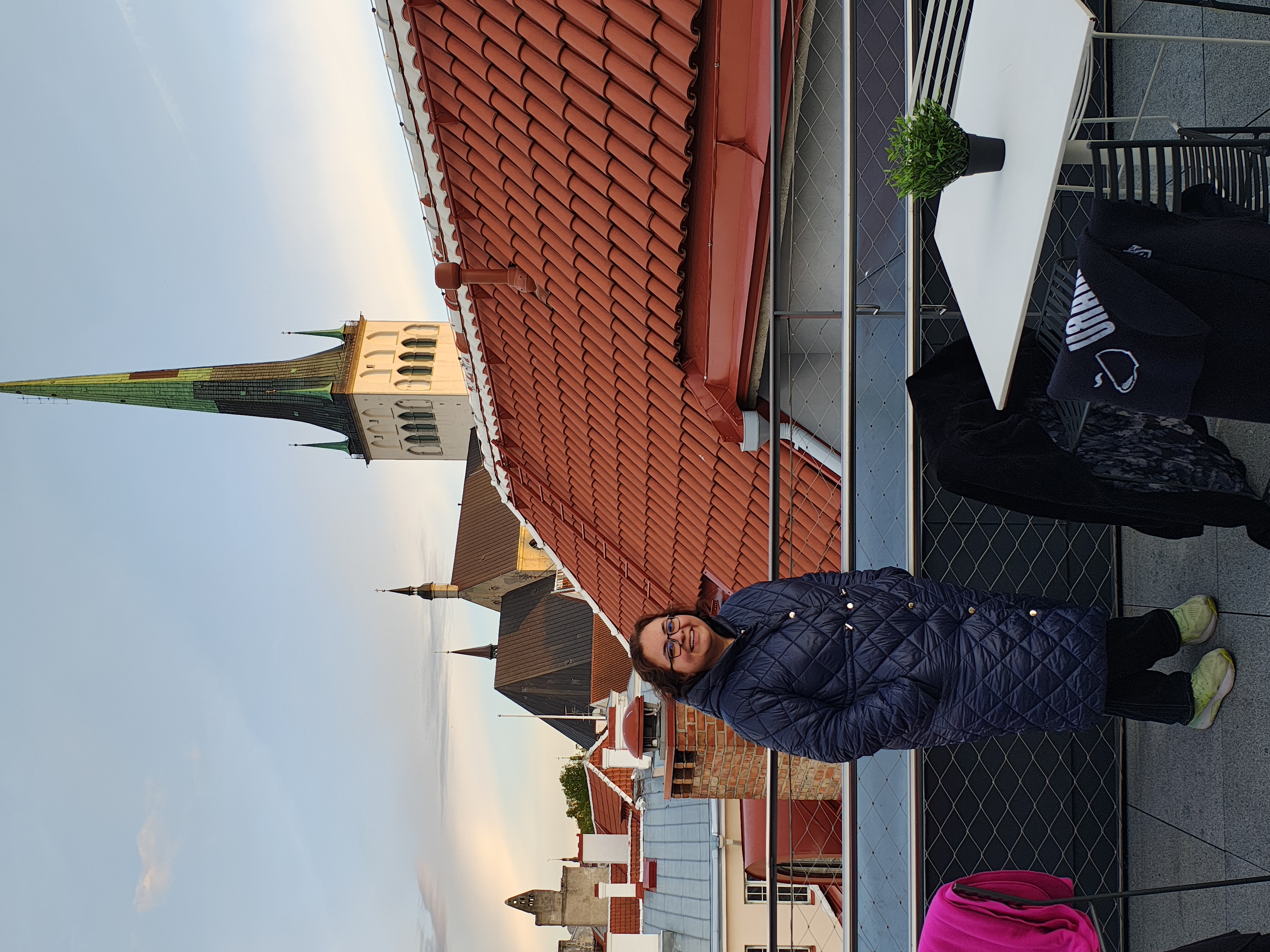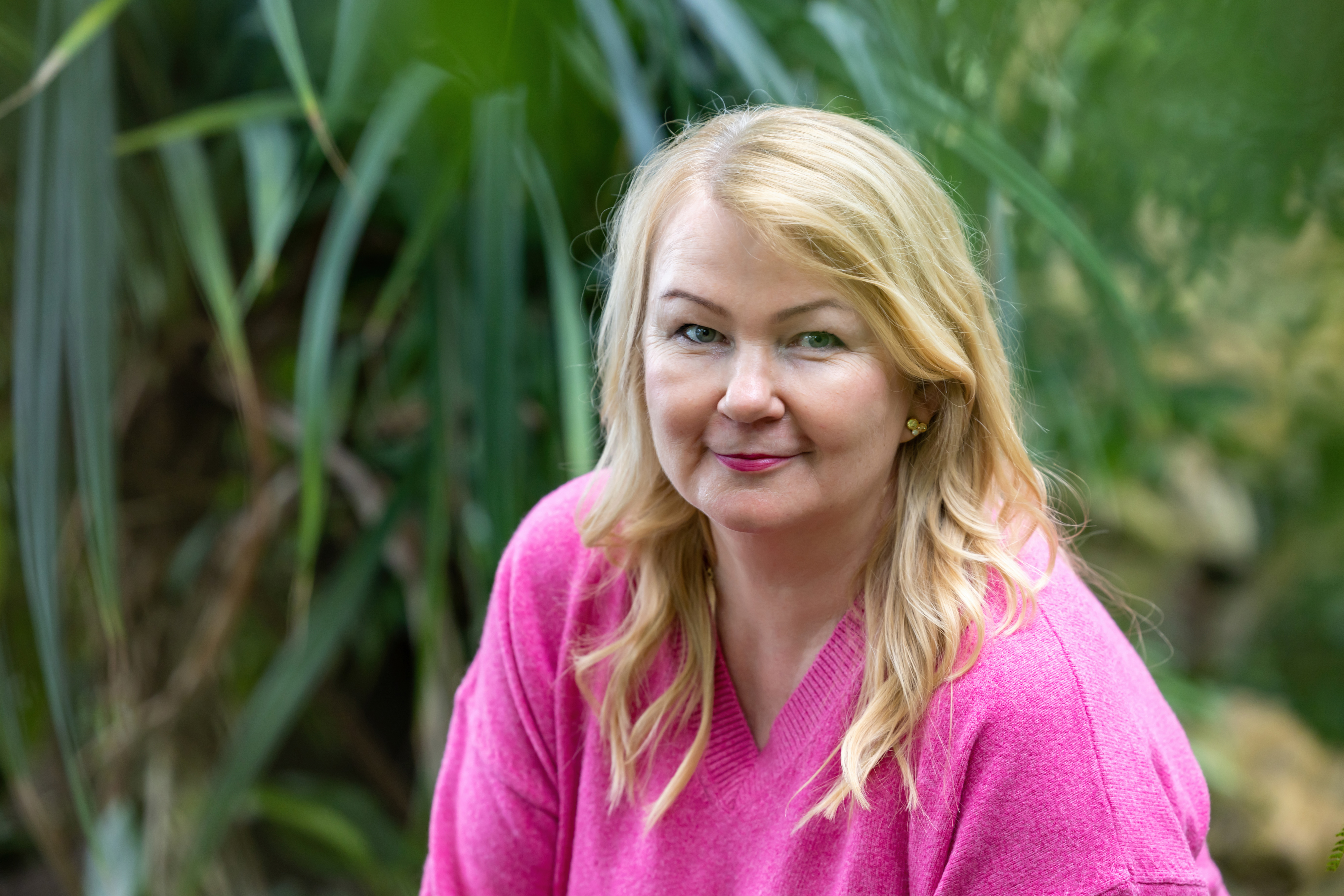We invite everyone to join us on Friday, 8 August 2025 at 4.30 p.m. in Paide, at the Culture Area of the Opinion Festival, to seek answers to the following question: ‘A newly arrived immigrant today – an Estonian tomorrow?’
In the discussion organised by the Integration Foundation, we will focus on how and when a newly arrived immigrant becomes a full-fledged member of society. Who decides when a ‘stranger’ can become ‘one of us’? How long does one need to live in Estonia to be considered Estonian – or is that even possible?
In the discussion, we will explore what brings people to Estonia and how it will impact our community, elections, and identity over the next 10–15 years. We will also discuss how ready the Estonian society and the state are to welcome and integrate new arrivals.
The roundtable discussion will feature Dmitri Moskovtsev, Director of the Integration Foundation; Mart Kallas, Representative of the Conservative People’s Party of Estonia; Tiit Tammaru, Professor of Population Geography at the University of Tartu; Ain Käpp, Chairperson of the Labour Market working group of the Estonian Employers’ Confederation; Mari-Liis Jakobson, Associate Professor of Political Sociology at Tallinn University. The discussion will be moderated by ERR journalist Johannes Tralla.
INTRODUCTIONS
Ain Käpp is the CEO and co-owner of the operating company behind Palace Hotel Tallinn and Radisson Collection Hotel, Tallinn. He chairs the Labour Market working group of the Estonian Employers’ Confederation and contributes as a board member of the Estonian Hotel and Restaurant Association. With over 30 years of experience in the hotel industry, he has focused on creating exceptional hospitality and developing strong teams. Ain believes that everyone who contributes to Estonia’s development deserves a sense of belonging and appreciation.
Mart Kallas is a columnist and opinion leader, as well as a member of the Conservative People’s Party of Estonia, and is known for his national conservative views. His views focus on preserving Estonia’s identity as a nation state and cultural continuity, as well as offering a critical perspective on immigration and integration issues. Mart will raise the question of how many newly arrived immigrants should Estonia accept and in what way, as well as whether and under what conditions a ‘stranger’ can become ‘one of us’.
Tiit Tammaru is a professor of Urban and Population Geography at the University of Tartu. He studies immigration, urbanisation, and social integration, providing a research-based perspective on how a sense of belonging develops and which factors influence the integration of immigrants.
Mari-Liis Jakobson is a political scientist and sociologist at Tallinn University who researches citizenship, immigration, and political participation. She focuses on how newly arrived immigrants become ‘our people’ and what role the state, communities, and democracy play in this process.
Dmitri Moskovtsev is the director of the Integration Foundation, who is working on practical solutions to support the integration of newly arrived immigrants and minority groups. His work focuses on how a ‘stranger’ can become ‘one of us’ through language learning, community engagement, and collaboration.
We invite everyone interested to join the conversation and share their thoughts and opinions – because it is through collective discussion that we shape what Estonia’s capacity for belonging and integration will look like in the future.
Join our Facebook event as well: https://fb.me/e/6DbRvKAYc


 The Settle in Estonia Programme is a free educational programme provided by the Estonian state which is intended to help the foreigners who have arrived in Estonia to adapt and become accustomed to local life more easily. We offer courses for people who have come to live or study in Estonia and have lived here for less than 5 years. For example, war refugees to whom Estonia offers international or temporary protection, as well as people who have come to Estonia to work or do business here or relocate with their family member. The adaptation program The Settle in Estonia Programme is free for participants. We offer language training and other courses to help you cope with everyday life in Estonia. Read more and register:
The Settle in Estonia Programme is a free educational programme provided by the Estonian state which is intended to help the foreigners who have arrived in Estonia to adapt and become accustomed to local life more easily. We offer courses for people who have come to live or study in Estonia and have lived here for less than 5 years. For example, war refugees to whom Estonia offers international or temporary protection, as well as people who have come to Estonia to work or do business here or relocate with their family member. The adaptation program The Settle in Estonia Programme is free for participants. We offer language training and other courses to help you cope with everyday life in Estonia. Read more and register: 